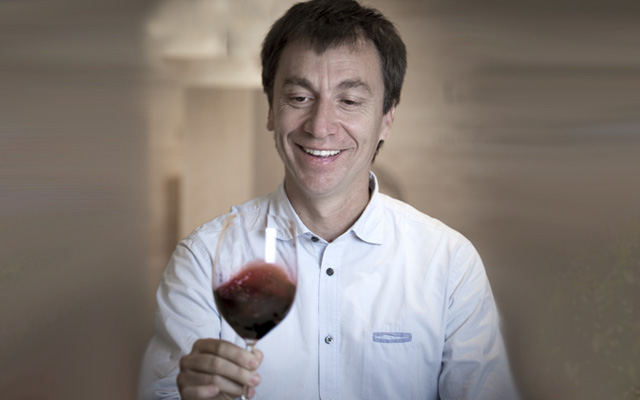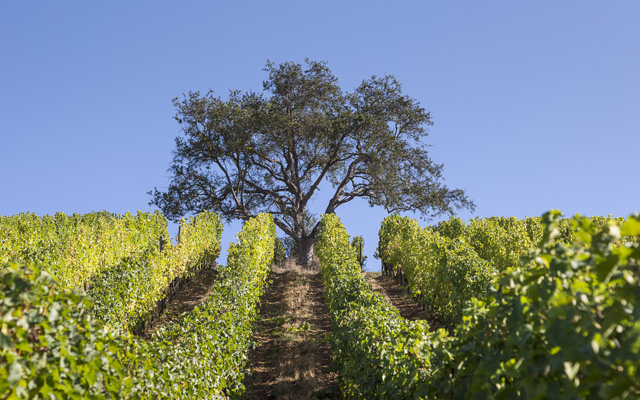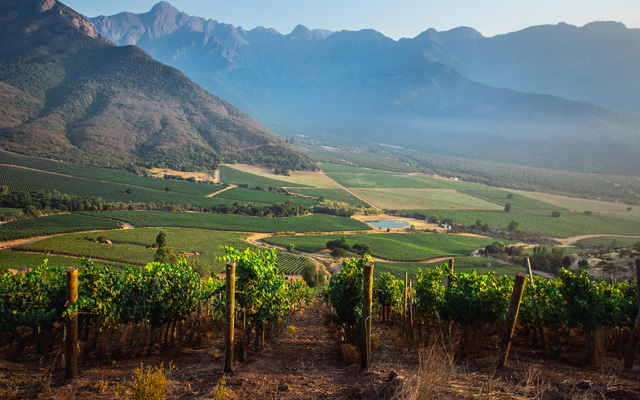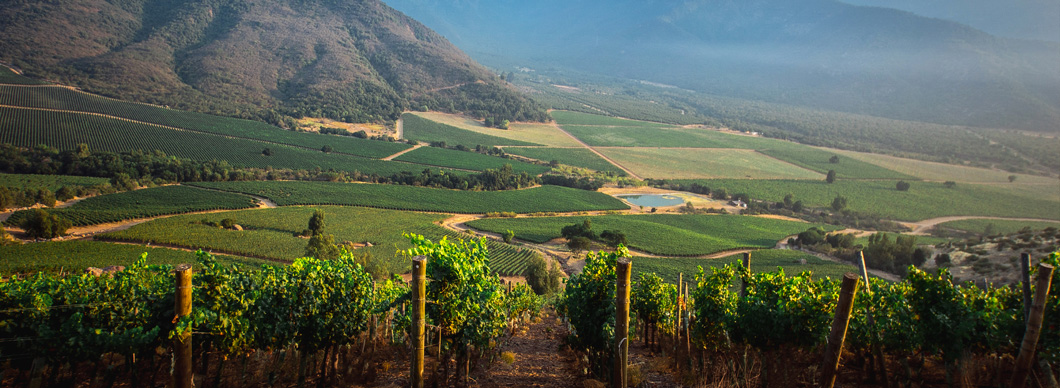This month’s focus is on Francisco Baettig, winemaker at Arboleda, one of our producers based in Chile.

Q) Tell us about the Arboleda estate, the history and the different wines you make for C&B?
Founded in 1999, Arboleda means a grove of trees. It is a tribute to the more than 1,450 hectares (3,583 acres) of native forest surrounding its sustainably managed vineyards. The philosophy behind Eduardo Chadwick’s personal project is to craft single-vineyard wines that reveal the purest expression of each unique terroir within its vineyards in the Aconcagua Valley.
Two vineyards provide the grapes for its wines: Aconcagua Costa, a coastal vineyard located just only 12 km from the Pacific Ocean for the varieties: Sauvignon Blanc, Chardonnay and Pinot Noir; and Las Vertientes, located inland 37 km from the Pacific Ocean, for the Bordeaux varieties like Carmenere, Cabernet Sauvignon and Syrah.

Q) Why do you think there has been a surge of interest for premium Chilean wines in the UK in recent years?
The consumer today is paying attention not only to entry level, varietal or value for money. They are looking for more niche, terroir and origin driven wines, and Chile is producing more and more of this. From established icons down to other producers who are giving value to terroir, climate, soil and micro areas or micro appellations, searching wines with a sense of place, more balanced, more drinkable, with more ageing potential, less alcohol, more approachable, fresher and with more pureness. Higher quality and better style. Also, I can see more diversity in the varieties like País, Carignan and VIGNO (old vine Carignan) wines, the improvement in quality in Pinot Noir and Chardonnay, and the constant fine-tuning of the classical Bordeaux ultra-premium wines like Arboleda. I think the consumer is looking for wines that reflect a place with freshness, intensity, pureness and a high presence of the fruit
Q) What is your favourite part of the winemaking process and why?
I really enjoy all the winemaking process. It is exciting. But the best for me is the blending process when you get the result, and you must think. It requires more ‘intellectuality’ because you need to put all the variables together: the style, the price, and the impact of the different parts. Also, it is a rewarding process because after the hard work in the vineyards, the harvest time decision and the work you do in the cellar, you can find the fruit expression you have been working on and then turn it into the final product. That is very challenging and rewarding for me.
Q) Tell us about your certification under Chile’s National Sustainability Code and what this means for the winery?
Chile’s National Sustainability Code standardizes the way of crafting wines, pushing it towards a conscious way for future generations and a continuous improvement in our daily work. In addition, since wine is a natural product, it provides transparency and greater confidence to consumers about how wines are crafted.
For Arboleda, this world-class certification is how to carry out our practices to guarantee our commitment to the environment and communities.
 Q) We know you are part of a project to help protect native forests, can you tell us more about this and how you became involved?
Q) We know you are part of a project to help protect native forests, can you tell us more about this and how you became involved?
Arboleda has more than 1,450 hectares, and only 250 hectares are planted. Everything else was kept virgin to protect the native forest as a commitment to conserving biodiversity.
In 2010, committed with our terroir and together with the Institute of Ecology and Biodiversity of Chile, we carried out a study of the flora and vegetation in our vineyards to recognize the existing ecosystems that are capable of refuge an extraordinary variety of endemic flora and fauna. We became involved in this since our forests in the ravines of the Coastal Range areas have remarkable biogeography thanks to their isolation.
Q) When you are not making wine what might we find you doing?
Spending time with my daughters, travelling, eating and drinking well in good restaurants, and playing sports like boxing and bicycling.

